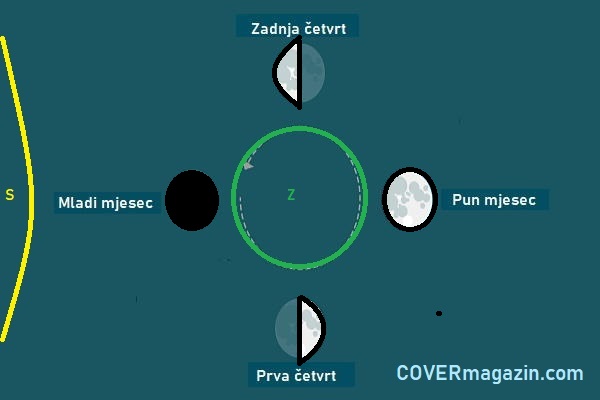I'm looking for variations on terms for moon phases. For example, I have found where in English we usually say new moon there can also be "old moon" or "dark moon". I can then let my elves use one of those phrases, orcs another.
So I'm looking for similar variations for full moon, and maybe for waxing and waning. I don't think there's a need for any more precision, except maybe also for crescent moon. I think that one can also be sickle moon. Note that I'm not looking for terms like hunter moon or harvest moon. Those are easy to find. I'm just looking at phases. You could say (though I hope you don't) that I'm going through a phase.
The variations can come from other languages, of course!
FWIW, some searching on the Net yields mostly translations, but I did come across this
New Moon Names
So I'm looking for similar variations for full moon, and maybe for waxing and waning. I don't think there's a need for any more precision, except maybe also for crescent moon. I think that one can also be sickle moon. Note that I'm not looking for terms like hunter moon or harvest moon. Those are easy to find. I'm just looking at phases. You could say (though I hope you don't) that I'm going through a phase.
The variations can come from other languages, of course!
FWIW, some searching on the Net yields mostly translations, but I did come across this
New Moon Names

 Myth Weaver
Myth Weaver
 Troubadour
Troubadour Auror
Auror Archmage
Archmage
 Dreamer
Dreamer